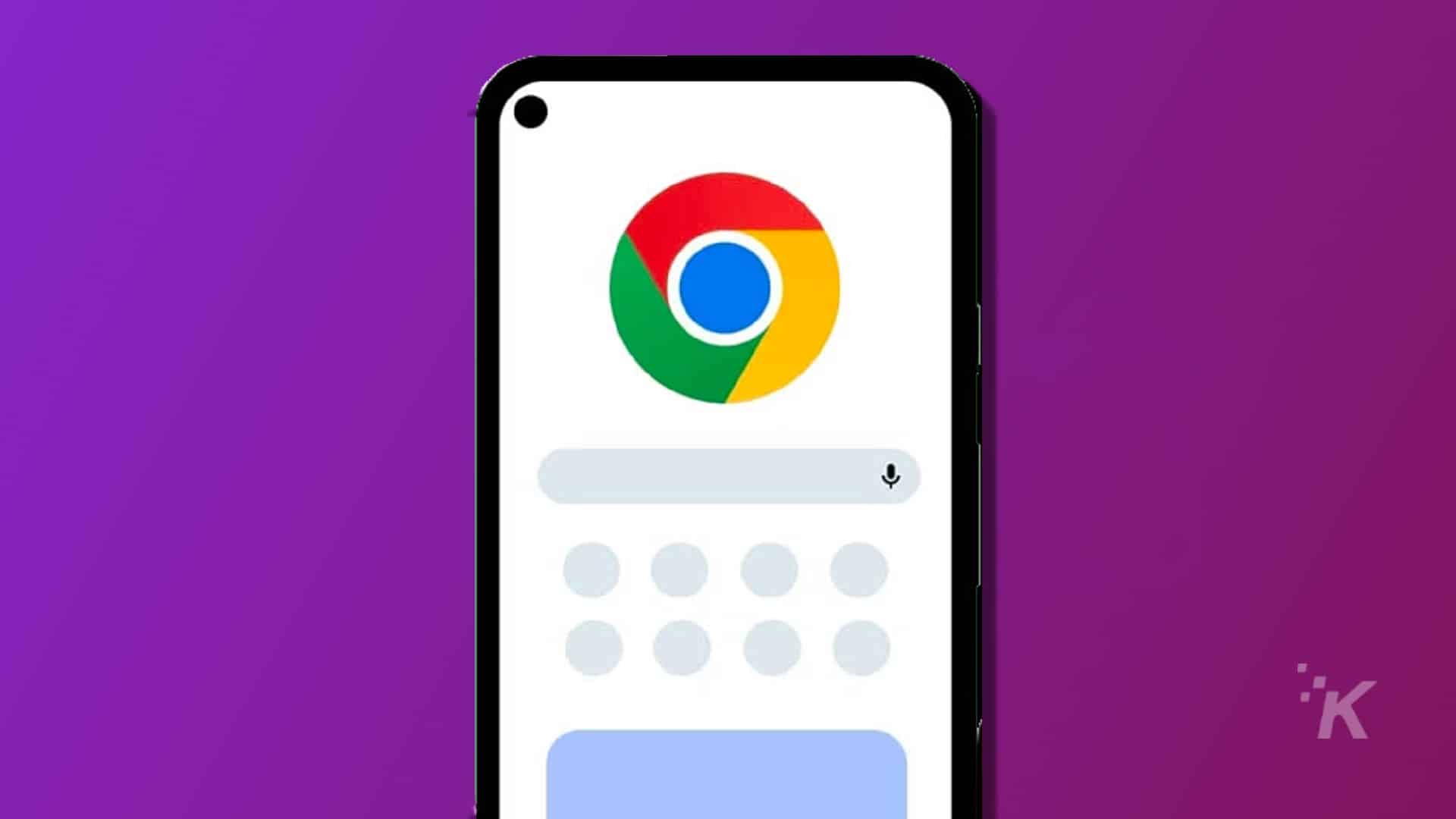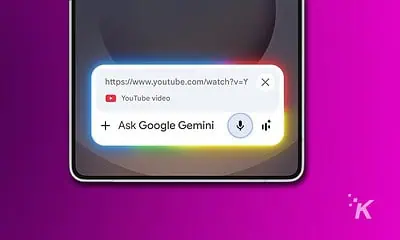Google won’t be forced to sell Chrome after all
The search giant dodged the worst outcome but still has to play by (slightly) different rules.

Just a heads up, if you buy something through our links, we may get a small share of the sale. It’s one of the ways we keep the lights on here. Click here for more.
The big question mark hanging over Tuesday’s antitrust ruling was about Google’s ownership of Chrome, and Judge Amit Mehta decided against forcing a sale of the world’s most popular browser.
The Justice Department really wanted Google to sell Chrome, arguing it gives the company an unfair advantage in search.
They had a point, given almost 40% of Google’s U.S. search traffic flows through Chrome. But Mehta called a forced sale “incredibly messy and highly risky,” reports The Verge.
What Google actually has to change
The ruling isn’t exactly a full win for Google, though. It says that the company can no longer make exclusive deals that completely lock out search competitors.
But here’s the twist: Google can still pay companies like Apple to be the default search engine, provided it’s not exclusive. What this means is that Apple will keep getting their $20 billion annual payment.
Google also has to share some search data with competitors now, like search index and user interaction data, although not advertising data.
It’s basically giving everybody more access to information that will make them understand how Google works, without revealing the most valuable stuff.
So, what’s next?
Investors are seeing this as Google dodging a bullet. Whether this actually opens up meaningful competition remains to be seen.
The judge did note that AI tools are already changing how people search, which could naturally weaken Google’s position. Of course, Google itself has had a huge share in influencing this behaviour, so there’s that.
This case isn’t over yet. Google plans to appeal, and there’s another antitrust case about their advertising business starting next month. The regulatory pressure isn’t going anywhere.
What does it mean for you? You won’t see much change immediately. You’ll still use Google Search and Chrome the same way. But the landscape might look different in a few years if competitors can actually take advantage of these new rules.
What do you think about the ruling? Should Google have been forced to sell Chrome? Let’s chat in the comments below, or carry the discussion to our Twitter or Facebook.































